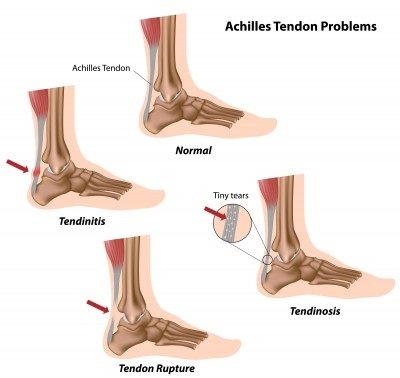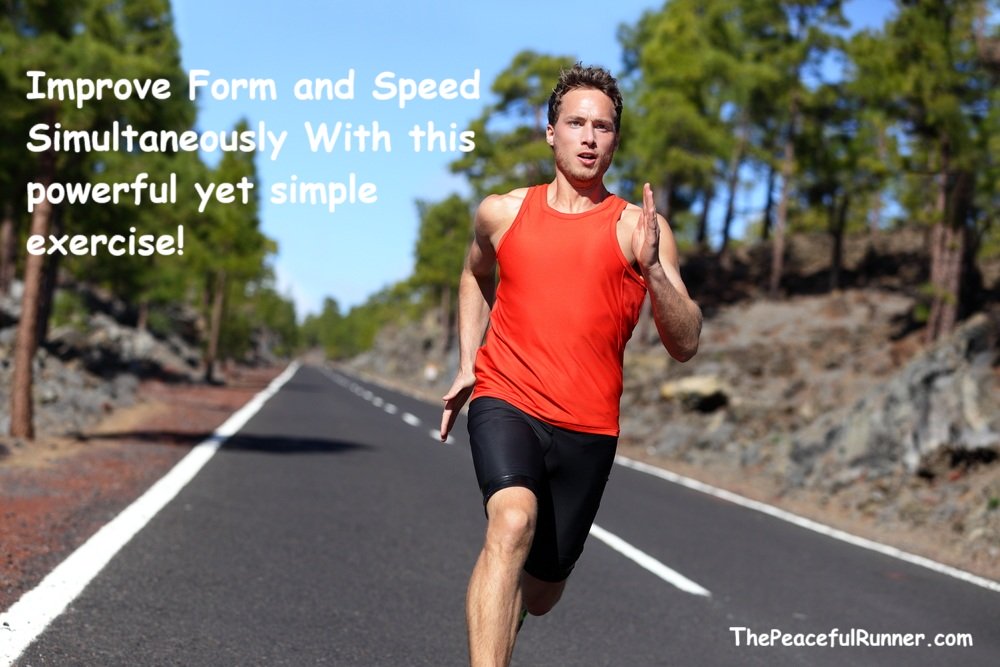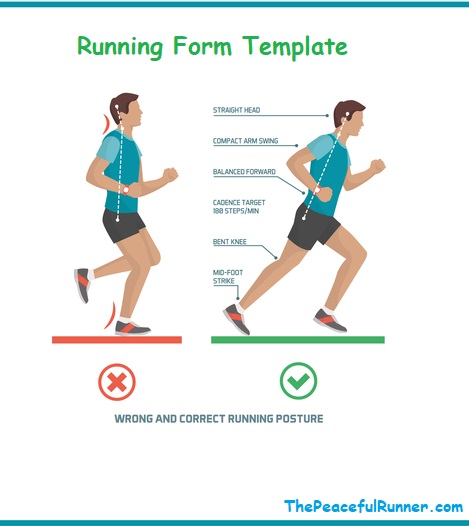Positive Self-Talk Improves Endurance Performance
FTC Disclosure: As an Amazon Associate, I earn from qualifying purchases. Learn more
Positive self-talk is a psychological strategy frequently used by successful athletes and there is good reason for this.
Scientists have determined that our perception of required effort is what ultimately determines our endurance performance. In 2014 a study was conducted on the effects of positive motivational self-talk on cyclists. Results concluded that motivational self-talk improves endurance performance by significantly reducing RPE (Rate of Perceived Exertion).
From the results of the study, it was also concluded that any factor or intervention designed to specifically target favourable changes in our perception of effort will be beneficial to our endurance performance.
Take for example, the following statements: "I want to go running" and "I have to go running." What is the difference between these two statements? Our attitude!
The way that we state or think about our beloved act of running, completely changes how motivated we are to go running and our experience of running (our endurance performance).
I have been guilty many times of saying to myself, "I have to go running tomorrow morning." Instantly, I have placed pressure on myself to do something that I am resisting. Often when I first wake in the morning, I have the same self-defeating thought: "I have to go running this morning."
In reality there is absolutely no truth to these statements for me or for you! No one is forcing us to go running. It's not part of my job and it's not essential to my survival. When I think about the truth of the situation, I am completely choosing to go running whenever I want. It is my decision.
So the absolute truth is: "I want to go running." Phew! That feels so much better. It really does. A simple change in my attitude towards running has completely changed how I feel before and during running.
I feel happy about my decision. I am happy that I can go running and I love running. "I want to go running now!"
This is just one example of how the words we use can negatively or positively affect our endurance performance. If you have another example, please share it in the comments below.
Take Back Your Power!
If I had continued to say, "I have to go running," I would have taken away all my power and put unnecessary pressure on myself. The often familiar and repetitious routine of putting pressure on ourselves takes away all our joy in whatever it is we are doing. This is especially true for running.
The words we choose reflect our attitude and if we carefully watch the words we use, they can help reveal the quality of our thoughts. We can become more aware of any inner thought patterns that may be unconsciously hurting us or causing discomfort in any way. It is also possible that we are unintentionally derailing our training simply by the thoughts we have towards running and the resulting negative energy emitted by those thoughts. Our words reveal our thoughts and ultimately our attitude.
Positive Self-Talk
A positive attitude uplifts us and actually gives us more physical energy resulting in an improved endurance performance. It also helps us enjoy running more so we are more motivated to run.
So instead of constantly putting pressure on ourselves or beating ourselves up, let's change our inner vocabulary to include only motivational and positive self-talk. We need to become our own biggest and best supporter and take advantage of this easy, effective and frequently used psychological strategy. Let's change our inner dialogue to positive self-talk and improve our running performance now!
Motivation to Run
Do you struggle with running motivation? Watch for my new book coming soon, "How to Get and Stay Motivated to Run." This book is packed with tips and techniques on how to get motivated to go running and how to maintain motivation in the long run (pun intended)! Stay tuned!
Back to top of Positive Self-Talk
Return to Running Psychology
NEW FEATURE - DISQUS COMMENTS!
Login using Facebook, Twitter, Google or Disqus.
Recent Articles
-
Want to Run Stronger and Feel Better Doing It?
Apr 19, 25 10:14 AM
-
Do You or Someone you Know Suffer from Achilles Tendonitis?
Mar 28, 25 03:14 PM
-
Every runner needs to master this essential drill!
Mar 17, 25 01:55 PM
-
Are you ready for waterproof running shoes?
Feb 26, 25 12:30 PM
-
The Buteyko Breathing Method Can Improve Our Running Performance and Our Health!
Feb 14, 25 11:54 AM
-
Make 2025 the Year you Break Free from Injuries for Good!
Jan 07, 25 08:20 AM
-
Even runners are not immune to the dangers of sitting too long during the day!
Jan 03, 25 11:46 AM
-
Everything You Need To Build An Online Business! - Solo Build It!
Dec 29, 24 12:40 PM
-
A Holistic View of Your Health and Fitness With Oura®!
Dec 16, 24 07:43 AM
-
Happy to be Running on the Beach Again!
Dec 13, 24 10:37 AM




















